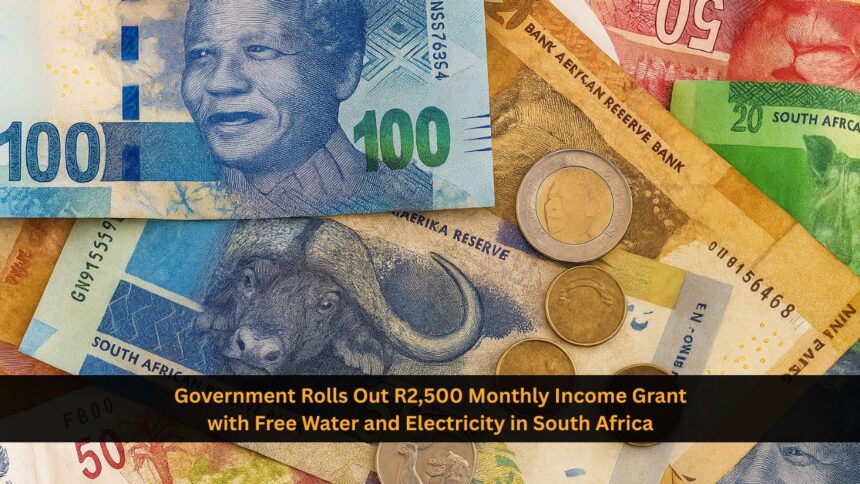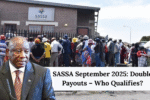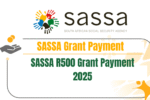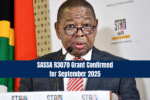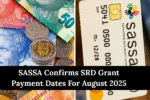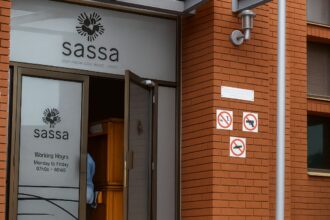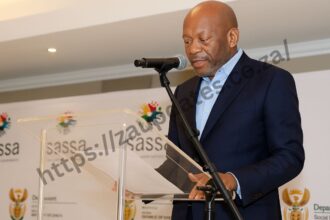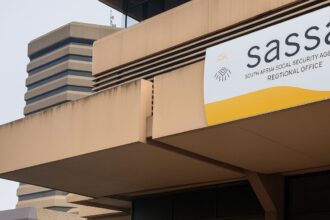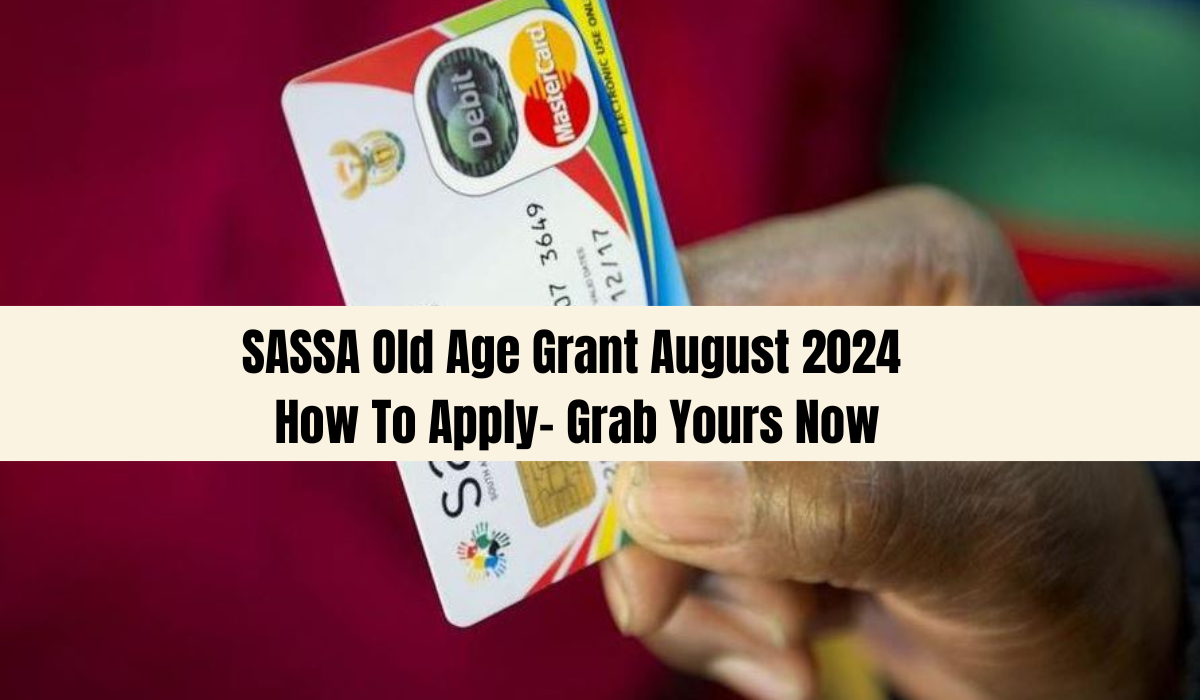Government Rolls Out R2,500 Monthly Income Grant with Free Water and Electricity in South Africa. The South African government has officially announced a massive social welfare initiative offering a R2,500 monthly income grant, free water, and free electricity. The programme is part of a broader national plan to uplift struggling households and promote inclusive economic recovery.
This development is a significant step toward reducing inequality, particularly in areas long plagued by lack of basic services and economic hardship. With the dual offering of financial support and essential utilities, the government is taking bold action to restore dignity and stability to South African homes.
Understanding the R2,500 Monthly Income Grant
The R2,500 monthly income grant is tailored for low-income households and individuals without formal employment or consistent income sources. This grant is more than just financial assistance — it represents a lifeline for many South Africans who have been economically sidelined by the COVID-19 pandemic and other systemic challenges.
Objectives of the Monthly Income Grant
- Support households with little to no income.
- Assist the unemployed and informal workers.
- Provide financial stability for basic needs.
- Encourage economic participation through increased spending power.
- Reduce the burden on short-term social relief measures.
By offering a consistent monthly income, the programme also aims to drive local economic growth, particularly in underserved communities where extra financial support can lead to increased consumption and job creation.
Role of Free Water and Electricity in Community Well-Being
Alongside the monthly grant, the provision of free water and electricity is a vital component of the government’s plan to improve public health and household living standards. Access to clean water and reliable electricity not only improves quality of life but also enables better outcomes in education, hygiene, and nutrition.
Major Benefits of Free Utilities
- Reduces household expenses, allowing families to reallocate funds.
- Improves public health through access to clean water.
- Enables school children to study with electricity at home.
- Promotes productivity in households by powering appliances and lighting.
- Supports rural and informal settlements where infrastructure has been lacking.
This service will be prioritised in rural areas, where residents have historically had limited access to reliable utilities
Who Qualifies for the Government Grant and Free Utilities?
The government has outlined a clear eligibility framework for this initiative, with priority given to vulnerable groups such as the elderly, disabled individuals, rural residents, and the unemployed. The application process has been streamlined for accessibility and speed.
Eligibility & Application Table
| Category | Required Documents | Application Method | Approval Time | Support Office |
|---|---|---|---|---|
| Low-income households | ID, proof of income | Online or Offline | 2–4 weeks | Local municipal office |
| Vulnerable groups | Disability/medical documents | Online or Offline | 2–4 weeks | Local municipal office |
| Rural residents | Proof of residency | Online or Offline | 2–4 weeks | Local municipal office |
| Unemployed individuals | Proof of unemployment | Online or Offline | 2–4 weeks | Local municipal office |
| Informal sector workers | Income declaration affidavit | Online or Offline | 2–4 weeks | Local municipal office |
Applicants must ensure they submit accurate and up-to-date documents to avoid delays in processing.
How Will the Grant Programme Be Sustained?
To maintain the sustainability of this ambitious programme, the South African government has implemented various strategic measures to monitor its impact and ensure proper utilisation of resources.
Sustainability Strategies
- Regular Monitoring and Evaluation: Progress reports will be compiled quarterly to assess impact.
- Dedicated Budget Allocation: Treasury has earmarked funds for at least the first three years.
- Collaboration with NGOs and Private Sector: To provide additional support and reach more communities.
- Public Feedback Channels: Citizens can share concerns and suggestions through local forums and call centres.
These mechanisms are crucial to maintaining transparency and ensuring that the initiative reaches its full potentia
Community Reaction to the R2,500 Grant and Free Utilities
Across South Africa, the response to this initiative has been largely positive. Community leaders, civil organisations, and citizens have applauded the government’s move, especially amid high living costs and persistent unemployment.
Public Sentiment Overview
| Positive Feedback | Community Concerns |
|---|---|
| Enhanced quality of life | Implementation logistics |
| Increased household income | Fairness in eligibility screening |
| Better access to basic services | Need for transparency in fund management |
| Economic stimulation in rural areas | Administrative efficiency and timelines |
| Boost to educational opportunities | Long-term continuity beyond initial 3 years |
| Reduced stress on public healthcare | Inclusion of undocumented informal workers |
While the majority view the programme as a game-changer, there is growing pressure on the government to ensure transparency, avoid corruption, and keep public communication clear and open.
Long-Term Vision and Future Outlook
The South African government has committed to adapting the programme as needs evolve. If initial outcomes are positive, there are strong indications that the grant amount or coverage could be expanded to more households in the near future.
What Lies Ahead
- Programme Expansion: Additional communities may be added after pilot success.
- Policy Refinements: Adjustments will be made based on ongoing community feedback.
- Technology Integration: Digitised application systems for easier access.
- National Poverty Reduction Plan: This initiative is part of a bigger mission to end extreme poverty in South Africa.
With proper oversight, the R2,500 monthly income grant and free water and electricity initiative have the potential to become one of the most impactful social programmes in South Africa’s history.
Conclusion
The Government’s R2,500 monthly income grant with free water and electricity represents a bold and necessary intervention at a critical time. By prioritising the basic needs of its people, especially those in marginalised communities, this programme sets a new benchmark for social justice and economic inclusivity.

